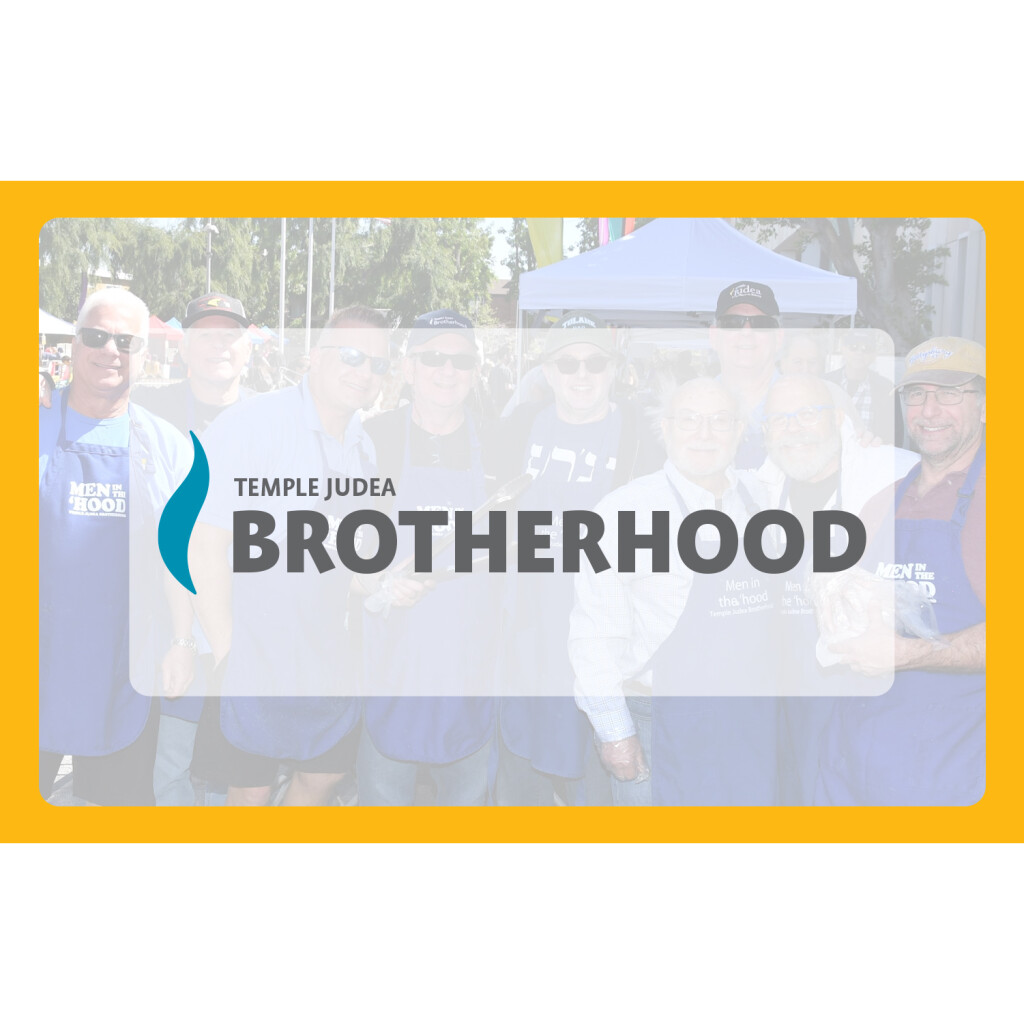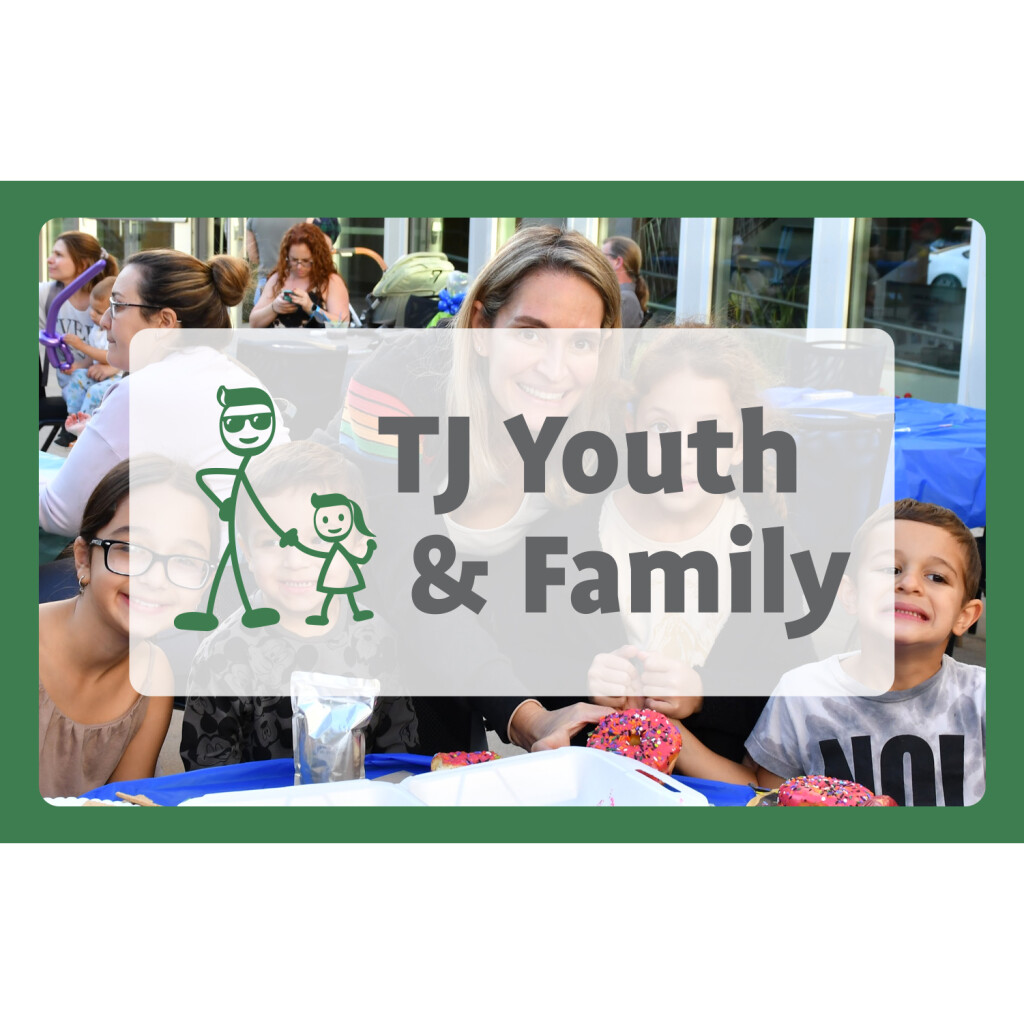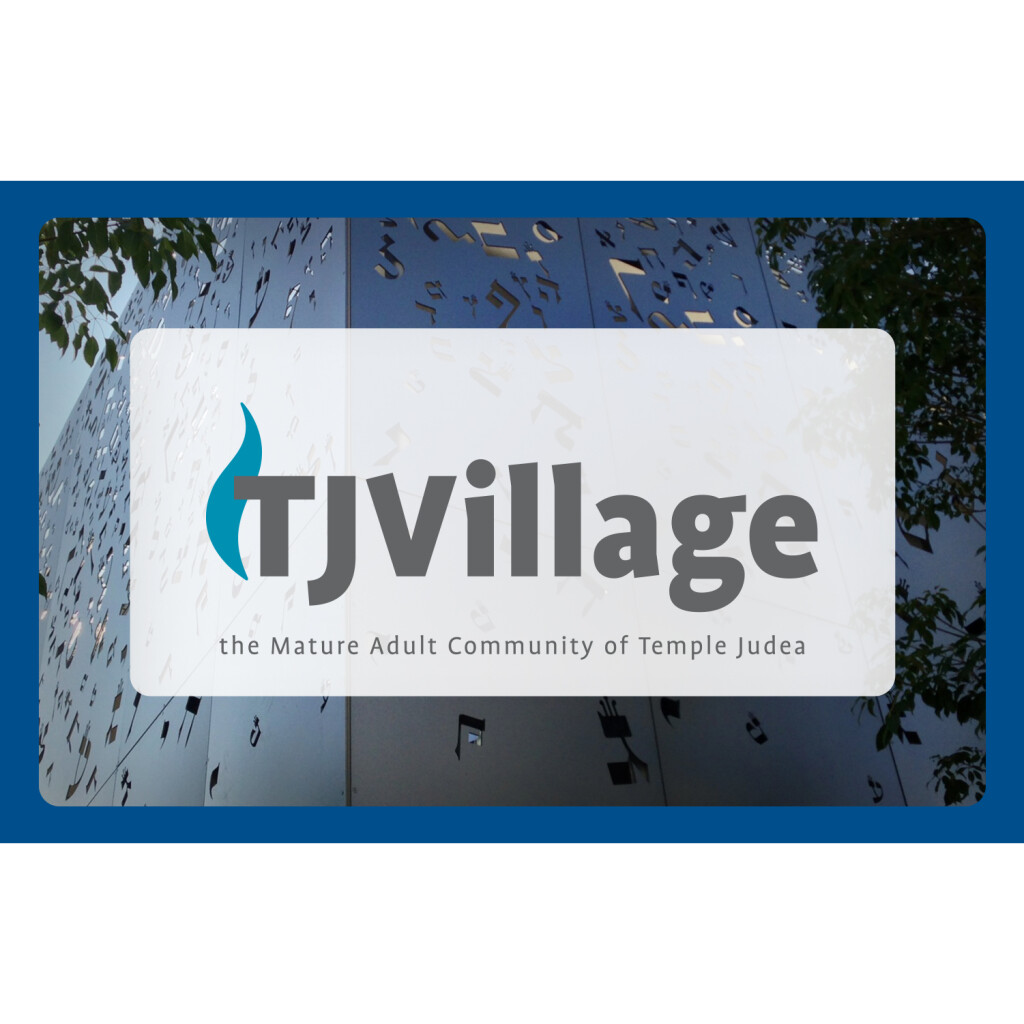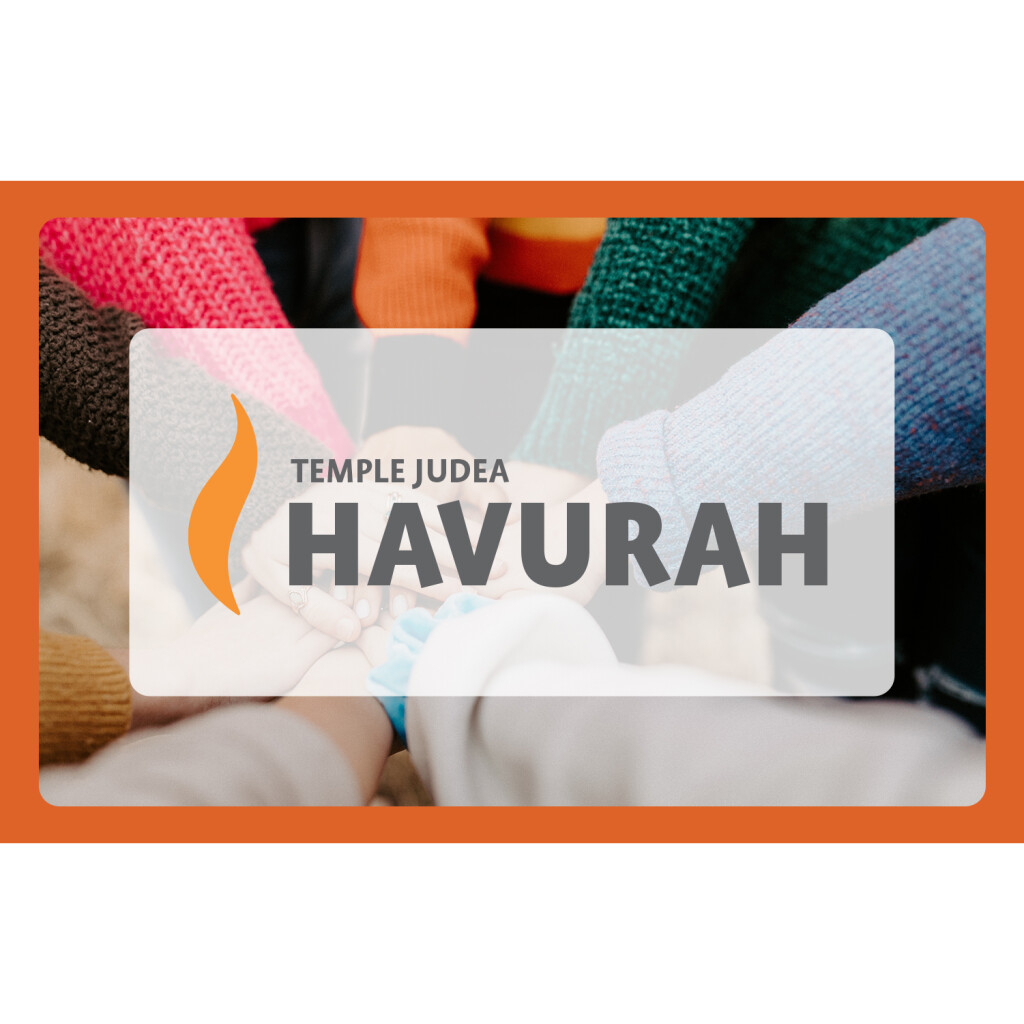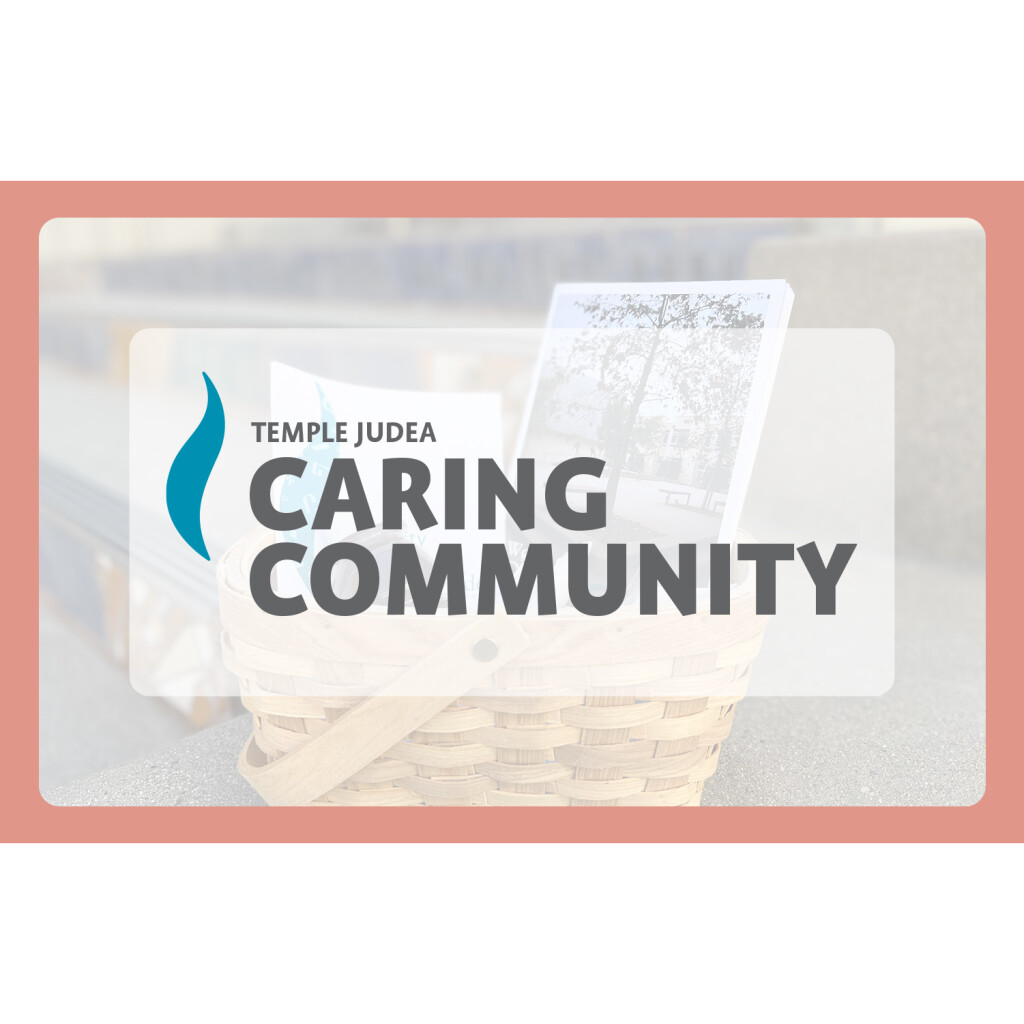Temple Judea’s Mental Health & Wellness Initiative

In the wake of the wildfires that ravaged our city, we are grappling with grief, anxiety, and uncertainty. The stress of the moment can feel overwhelming, but it’s important to remember that our mental and emotional well-being should be prioritized, not only in times of crisis but throughout our lives. The Jewish prayer for healing, Mi Shebeirach, beautifully expresses the need for balance with the phrase refuat hanefesh v’refuat haguf—healing of both spirit and body. This reminds us that caring for our emotional and spiritual health is just as vital as caring for our physical well-being, whether we’re dealing with the immediate effects of the fires, other personal struggles, or long-standing mental health challenges.
At Temple Judea, we are lucky to have many highly trained mental health professionals within our congregation. We spoke to just a few of them over the weekend to ask for insights that could help our collective healing. Interestingly, they all responded with some variation on the same idea: that the act of receiving, or even asking for help, is something that can feel uncomfortable, inappropriate or bothersome. And yet, it is at those very moments, when we are overcome with anxiety, fear, or loss, when we need help the most. Our annual theme, Kol Yisrael Aravim Zeh b’Zeh—all Israel is responsible for one another— is not just about the support we can give, but also about the support that we need. When we help, our community becomes stronger. By leaning on one another, our community becomes more connected.
We know that many in our community are grieving losses—whether it’s the trauma of losing a home, a sense of security, or a familiar routine. At the same time, we acknowledge that mental health challenges extend far beyond the current crisis. Whether you are struggling with long-standing mental health issues or facing new challenges, we are here to offer support. Please reach out to us—we want to know how you’re feeling, what you’re experiencing, and how we can best support you. Whether you need a listening ear or more specific assistance, please email us at or call 818-758-3800 x209 and a member of our clergy team will contact you. Any emails sent to this email address will be treated with complete discretion, and your privacy will be maintained.
Temple Judea has compiled a list of resources to help strengthen mental resilience during times of loss, as well as guidance for supporting children as they process these difficult events. We hope the resources below will provide valuable information, articles, and support—not just for those affected by the fires, but for anyone facing mental health struggles. We will continue to update and expand this collection to provide the tools and guidance needed for anyone on their journey to healing. Remember, you do not have to walk this path alone. Temple Judea is here to walk alongside you, and together, we will move forward with strength, healing, and hope.
MENTAL HEALTH Related Resources
FIRE SPECIFIC RESOURCES:
- Los Angeles County Psychological Association 2025 Wildfire Resources: Resources for mental health and emotional support, for parents, psychological first aid, mobile apps, free mental health support, disaster distress and more.
- Navigating the Ashes: Supporting Emotional Strength Amid the LA Wildfires
- Supporting Families & Kids After a Wildfire
- SAMHSA Disaster Distress Helpline: 1-800-985-5990 (for Spanish, press “2”) to be connected to a trained counselor 24/7/365 that will provide crisis counseling for people in emotional distress relate to any natural or human disaster.
*Thank you to Jill Rice, LCSW, Margaret Altschul, LMFC, and Samantha Bothast, LCSW for sharing these resources with our community.
IN CASE OF A MENTAL HEALTH EMERGENCY: Know the resources available to you before an emergency arises. Keep these contacts easily accessible.
- Emergency Medical Services: Call 911 if you believe someone is in immediate, life-threatening danger and may harm themselves. If you cannot reach their parent or guardian, call 911 for immediate emergency assistance (United States and Canada).
- 9-8-8 Suicide & Crisis Lifeline: Call or text 988 for 24/7 support from trained crisis counselors for anyone facing a mental health crisis, including suicidal thoughts, substance use, or emotional distress. You can also call 988 if you’re worried about a loved one.
- National Domestic Violence Hotline: Call 1-800-799-7233 or chat online for confidential support from expert advocates available 24/7 to anyone experiencing domestic violence or seeking resources.
- National Sexual Assault Hotline: Call 1-800-656-4673 or chat online for support from trained professionals offering free services for survivors of sexual assault. Free online chat support is available 24/7.
- The Trevor Project TrevorLifeline: Call 1-866-488-7386, text START to 678-678, or chat online for 24/7 confidential suicide prevention support for LGBTQ+ youth.
- Trans Lifeline Hotline (United States): Call 877-565-8660 for peer support run by trans people, for trans people and those questioning their gender.
- Substance Abuse & Mental Health Services Administration ISAMSHA) National Helpline: Call 1-800-633-4357 for free, confidential, 24/7 treatment referrals and information about mental health and substance use disorders (in English and Spanish).
- National Alliance on Mental Illness (NAMI) Crisis Text Line: Text NAMI to 741741 to connect with a trained counselor for free, 24/7 crisis support via text message.
- National Alliance on Mental Illness Helpline: Call 1-800-950-6264 (Monday–Friday, 10 am–8 pm ET) for peer-support, information, and resource referrals for people living with mental health conditions, as well as their families, caregivers, and mental health providers.
STARTING THE CONVERSATION:
-
Creating Safe & Welcoming Communities Around Mental Health – Moishe House with Jewish Family Services & JED Foundation
-
The Blue Dove Foundation’s Mental Health Shabbat: Blue Dove offers resources for Jewish communities to support mental health, including digital Jewish Resources and holiday-specific content.
-
Seize the Awkward: Learn how to start conversations about mental health with those who might be struggling.
-
Active Minds: Engage young adults in mental health advocacy and suicide prevention.
-
Big Life Journal’s Positivity Game: A tool for fostering positive thinking and emotional resilience.
-
No Shame on U: Mental health guides & handouts for dealing with social anxiety, climate anxiety, social media overwhelm, and other challenges.
MENTAL HEALTH RESOURCES, SUPPORT GROUPS, & EDUCATION:
- The National Institute of Mental Health (NIMH): The leading federal agency for research on mental health conditions.
- Jewish Family Service LA: Offers over 30 programs, including mental health counseling, food security, and housing support.
- OK Clarity: An online platform for connecting with vetted mental health professionals who specialize in serving the Jewish community.
- JQ Helpline: Inclusive support and resources for LGBTQ+ Jews, their families, and allies.
- Our House: Grief Support Center and resources.
- Ayeleth Hashachar: Evidence-based resources for managing eating disorders within the Jewish community.
- Refaenu: Offers education and support for those affected by depression, bipolar disorder, and other behavioral health issues, along with resources for loved ones.
- HereNow App: A teen-led platform for teens to connect, share experiences, and access mental health resources. Available on Google Play and the App Store. A project of The Jewish Board with support from UJA-Federation of New York.
- Refuat Henefesh: Works to create a more empathetic and aware Jewish community regarding mental illness, with blog posts, resources, and educational materials.
- Strongerthanstigma: Provides empowerment and support for individuals struggling with mental health issues and their families.

